Commercial Septic System Pumping: Keeping Your Business Running Smoothly
Commercial septic system pumping is an essential service for businesses that rely on on-site septic systems for their wastewater management. At Texway Wastewater Services, we understand the importance of a well-maintained septic system for your business’s daily operations. In this article, we’ll discuss the ins and outs of commercial septic system pumping, sharing our first-hand experiences and real-life examples.
Regular commercial septic system pumping ensures the efficient operation of your business and prevents costly repairs or replacements.
Septic systems serve a crucial role in managing wastewater for businesses, and proper maintenance is essential.

Table of Contents
Commercial Septic Systems Pumping
The Backbone of Businesses Septic systems are an integral part of many businesses, particularly those located in rural or remote areas without access to municipal sewage systems. These systems collect and treat wastewater on-site, allowing businesses to operate without the need for expensive sewer connections.
The Importance of Regular Pumping
Regular commercial septic system pumping is essential for maintaining the efficiency and longevity of your system. Over time, sludge and scum build up in the septic tank, reducing its capacity and impairing the system’s ability to process wastewater effectively. Pumping out the tank removes this buildup, ensuring the system continues to function optimally.
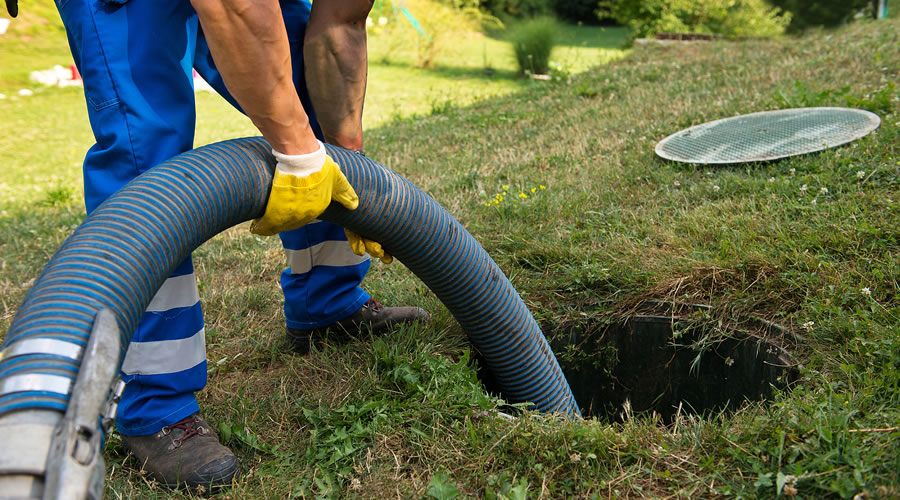
5 Signs You Need Commercial Septic System Pumping
1. Slow drains
If water takes a long time to drain from sinks, toilets, or showers, it could be a sign that your septic system is full and needs pumping. This is because the septic tank is designed to hold a limited amount of waste, and when it’s full, the wastewater has nowhere to go, causing backups and slow drains. It’s important to have your septic tank pumped regularly (typically every 3-5 years) to prevent this issue.
2. Sewage backups
If sewage backs up into your building, it’s a clear indication that your septic system is failing and needs immediate attention. Sewage backups can be caused by a variety of issues, such as a clogged drainfield, a collapsed pipe, or a malfunctioning septic tank. These backups can pose serious health risks and should be addressed promptly by a professional septic service company.
3. Foul odors
Strong, unpleasant smells around your property could be a sign of a septic system issue, such as a clogged drain field or a full tank. When the septic system is working properly, there should be no noticeable odors. If you detect persistent foul odors, it could indicate that the septic tank is full, the drain field is saturated, or there is a leak in the system. Addressing the issue promptly can prevent further damage and potential health hazards.
4. Lush green grass over the drain field
If you notice an area of unusually lush, green grass over your drain field, it could be a sign that the drain field is saturated with wastewater. This can happen when the septic system is overloaded or the drain field is not functioning properly. If left unchecked, this can lead to sewage backups and other serious issues.
5. Gurgling sounds
If you hear gurgling sounds coming from your plumbing fixtures, it could be a sign that your septic system is not venting properly. This can be caused by a blocked vent pipe or a clogged drain field, and it can lead to slow drains and other issues if not addressed.

Data-Driven Facts and Stats for the Need of Commercial Septic System Pumping
Septic systems are essential for businesses and commercial properties that are not connected to a municipal sewage system. However, these systems require regular maintenance, including septic tank pumping, to ensure they function properly and efficiently. Here are some data-driven facts and stats that highlight the importance of commercial septic system pumping:
- Frequency of Pumping: The Environmental Protection Agency (EPA) recommends that commercial septic systems be pumped every one to three years, depending on the size of the tank and the amount of wastewater generated. (Source)
- Cost of Pumping: The average cost of septic tank pumping for a commercial property ranges from $300 to $1,500, depending on the size of the tank and the location. (Source)
- Consequences of Neglect: Neglecting septic system pumping can lead to costly repairs or even system failure. For example, a clogged drain field can cost up to $10,000 to repair. (Source)
- Environmental Impact: A malfunctioning septic system can release pollutants into the environment, including nitrogen and phosphorus, which can harm water quality and aquatic life. (Source)
In conclusion, commercial septic system pumping is a necessary expense for businesses and commercial properties to ensure the proper functioning and efficiency of their septic systems. Regular pumping can prevent costly repairs, maintain environmental health, and promote the longevity of the system.
Comparison of Septic Tank Capacities and Recommended Pumping Frequencies
| Septic Tank Capacity | Recommended Pumping Frequency |
|---|---|
| 1,000 gallons | Every 3-5 years |
| 1,500 gallons | Every 4-7 years |
| 2,000 gallons | Every 5-10 years |
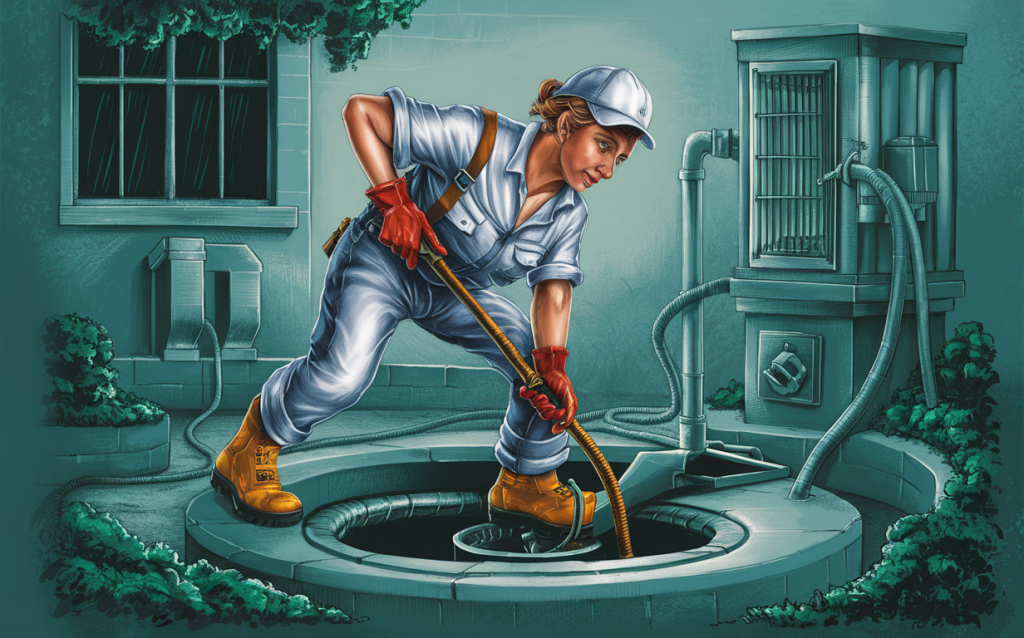
Additional Services During Commercial Septic System Pumping
- Inspections: During pumping, our team can perform a thorough inspection of your system, identifying any potential issues and providing recommendations for repairs or maintenance.
- Repairs: If we discover any problems during the inspection, we can provide repairs on the spot, minimizing downtime for your business.
- Maintenance: Regular commercial septic system pumping includes cleaning and inspecting the tank, baffles, and inlets/outlets to ensure optimal performance.
Comparison of Commercial Septic System Pumping Costs
| Service | Average Cost |
|---|---|
| Septic Tank Pumping | $300 – $700 |
| Grease Trap Pumping | $150 – $400 |
| Septic System Inspection | $200 – $500 |
| Repairs | $500 – $2,000 |
| Replacements | $5,000 – $20,000 |
Conclusion
Commercial septic system pumping is an essential service for businesses that rely on on-site septic systems for their wastewater management. Regular pumping ensures the efficient operation of your system and prevents costly repairs or replacements.
At Texway Wastewater Services, we’re dedicated to providing top-quality commercial septic system services, including pumping, inspections, repairs, and replacements. Contact us today to schedule your appointment and keep your business running smoothly.

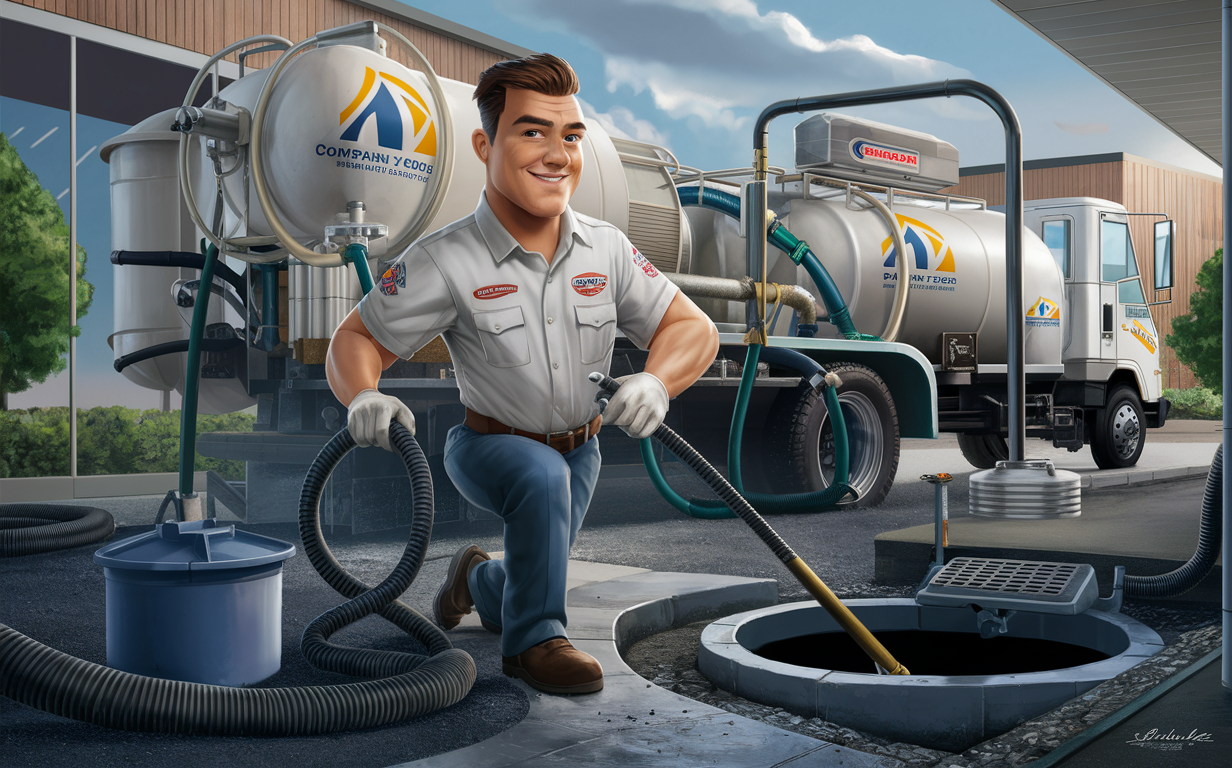


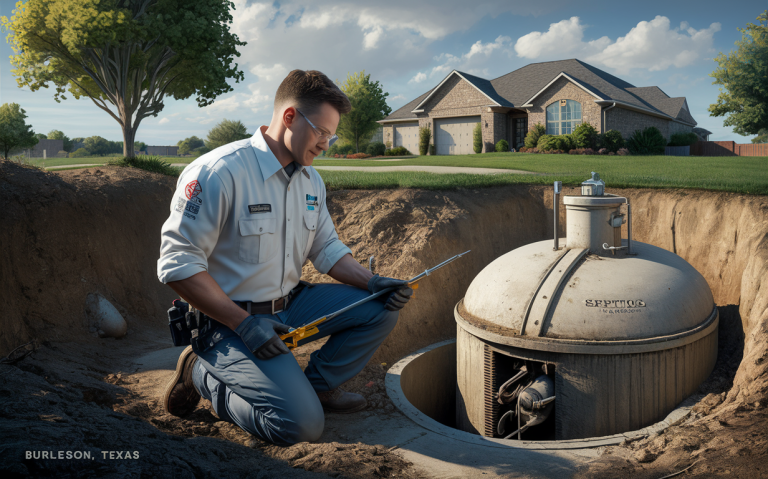
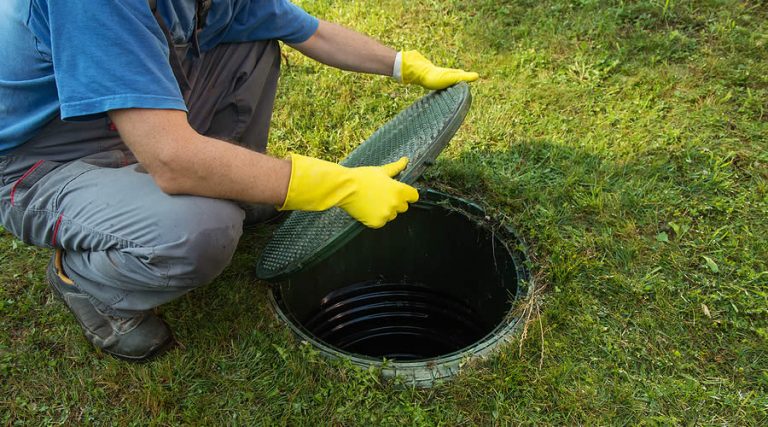
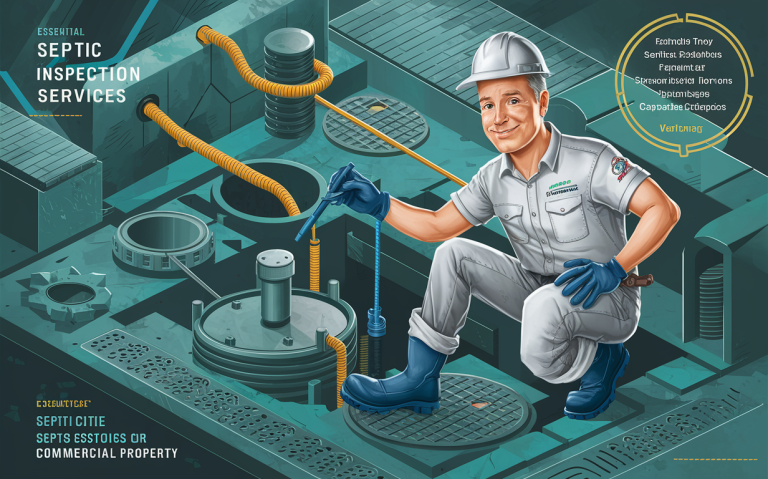
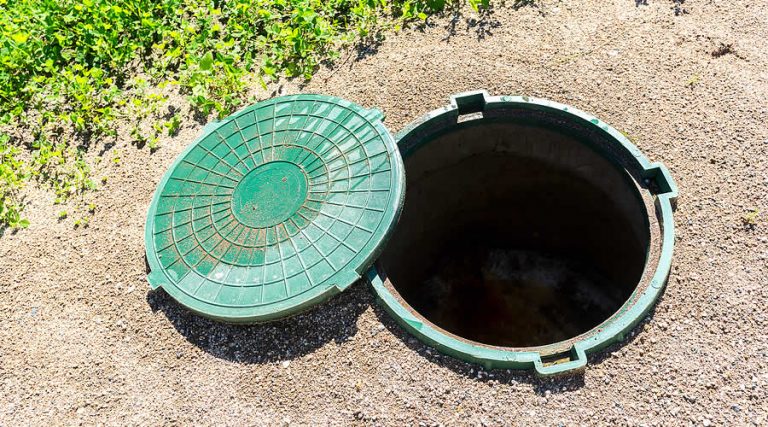
 Texway Wastewater Services is a septic, wastewater, and excavation company based out of Burleson, Texas and serving the surrounding areas. We specialize in
Texway Wastewater Services is a septic, wastewater, and excavation company based out of Burleson, Texas and serving the surrounding areas. We specialize in